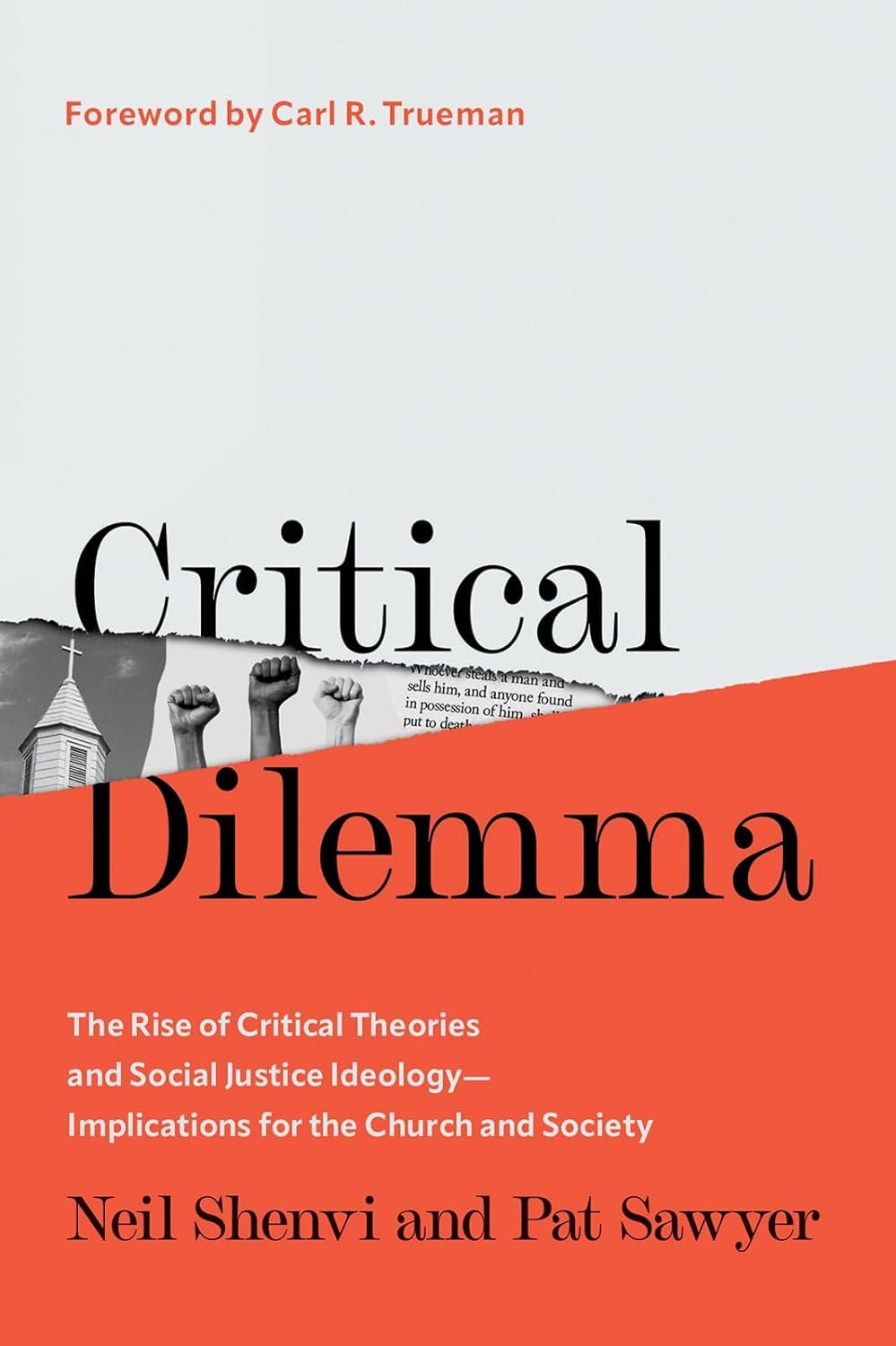Book Review: "Critical Dilemma," Neil Shenvi and Pat Sawyer
The most pernicious false teaching infecting our society and the church today is not liberalism, atheism or communism, but a very broad and complex ideology called contemporary critical theory, which seeks to understand how power operates in societies to "shape, produce and reproduce social inequalities and inequalities." (p.67). If you are familiar with terms like white supremacy, intersectionality, privilege, social binary, critical race theory, queer theory, oppression, hegemonic power, microaggression, or social justice, then you have encountered an expression of contemporary critical theory.
Shenvi and Sawyer offer a thoroughly Christian and biblical assessment of this ideology, and they do everything in their power not to be overly simplistic, reactionary or unfair in their analysis. Not only are they honest about our nation's very regrettable history of racism (chapter 2), and not only do they encourage Christians to be intentional about educating themselves and being proactive in confronting racism in the church and society, they even offer a full chapter enumerating some of the positive insights of critical theory. (ch.7).
In the end, however, the authors are clear in sounding the alarm that the basic elements of critical theory are simply incompatible with Christian teaching and must be rejected. In describing a Christian's approach to critical theory, the proper analogy is "not eating the meat and spitting out the bones, but attempting to eat the meat and spit out the poison. Notwithstanding the elements of truth it contains, ultimately, CRT is poisoned meat because the majority of its fundamental assumptions cannot be reconciled to the Christian faith." (p.352).
One of the most helpful chapters is titled, “Ideas That Will Devastate Your Church,” in which common social justice slogans – such as “sin is oppression,” “the Bible was written from the perspective of the oppressed,” and “whiteness is wickedness” – are all addressed. One of the slogans most often heard in some pockets of the church is “justice is part of the gospel.” This statement gives the impression that there is no Gospel where there is no active pursuit of social justice. Shenvi and Sawyer respond by reminding us that the Gospel is not an imperative (a command to do something), but rather an indicative (a statement about what is already done). It is a threat to the purity of the Gospel to mix the two. “We agree that God commands us to seek justice. But we must not insert this command, or any other command, into the Gospel.” (p. 425).
The material in this book needs to be taught extensively to the evangelical church so we can better understand and profitably address the confusion, division and dissension that is not only destroying the church but is dividing our nation. This book not only presents persuasive biblical reasons for rejecting critical theory, but offers many practical suggestions for how to move forward boldly and charitably.

